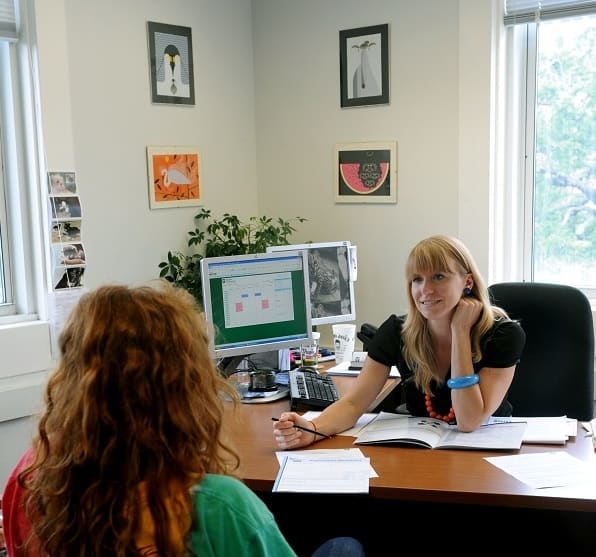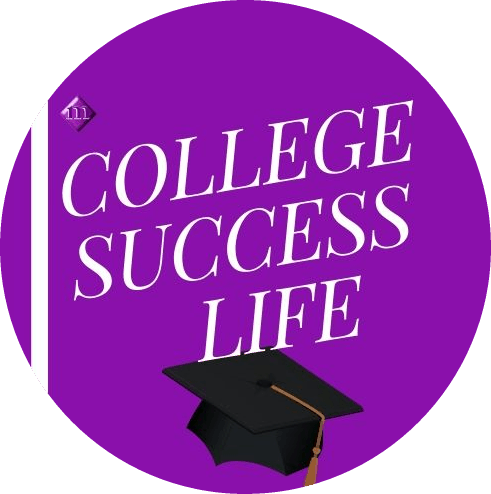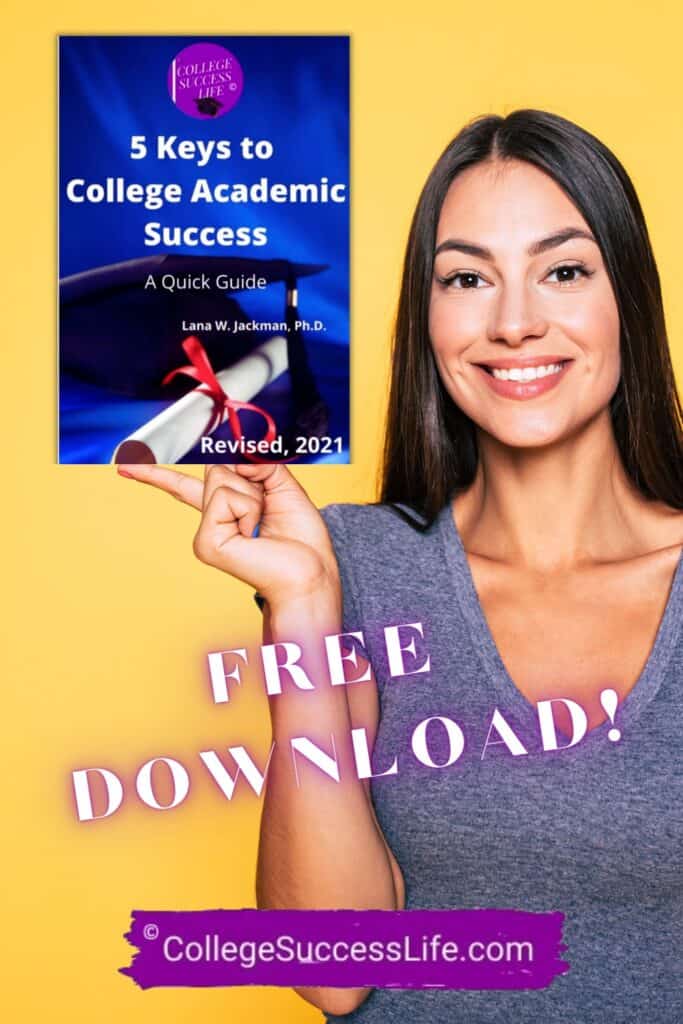
Know When To Seek A Second Opinion…
Seeking a second opinion always helps with the decision-making process. Knowing what to ask, who to ask, and when to ask is key.
 Most college students usually inquire and act on the advice from the first “reliable” source they encounter.
Most college students usually inquire and act on the advice from the first “reliable” source they encounter.
And, of course, “reliable” can mean a trusted but often uninformed source, like a peer or campus staff person.
Questioning the validity of the information and/or the information source rarely occurs to them.
Quickly solving the problem is all that matters at the moment.
For example, if they’re having an academic problem or challenge in school, they’ll ask a peer, friend, and/or family member their opinion first before actually going directly to an official source, such as an academic advisor.
Study after study continually documents that seeking advice from an academic advisor is usually an afterthought for most college students.
Only when it’s a requirement like semester registration and/or an academic discipline issue, do they seek professional advice.
Developing an ongoing, consultative relationship with an academic advisor is a missed networking opportunity for many students.
And, as a result, seeking second opinions is not necessarily in their wheelhouse of college success strategies.
And it really should be.
So What’s the Benefit Again?
Although seeking second opinions is standard practice in modern medicine today, in higher education, students are often fearful of “over stepping” their perceived boundaries, so to speak.
What they don’t realize is that the caseloads of academic advisors range anywhere from 1 to 200 to 1-600, depending on the size of the institution.
So most academic advisors have full+ caseloads and appreciate information resourceful advisees.
Colleges and universities assign academic advisors to students during the New Student orientation process.
Most students think that it’s a permanent assignment. In reality, students can change advisors if compatibility becomes an issue.
If you think that you and your advisor are not communicating on the same plane, then make a change!

That’s why it’s so important for new students to begin nurturing their own “team” of advisors during their freshmen year.
By doing so, they can seek second opinions without fear of insulting their assigned academic and/or faculty advisor.
Getting curbside consultation from their assembled team of advisors can certainly benefit new students, especially first-generation students and adult learners.
Analyzing and evaluating any sought after information and/or information source is a worthwhile skill set to nurture as a college student.
Just imagine what you can do with it once you enter the world of work!
Access to choices, options, and opportunities will be boundless!
Let us join your team… Click to Learn More…
A Word to the Wise...
An Academic Pearl of Wisdom
Whenever a college student faces an academic and/or social challenge, they often ask a peer or a friend first for advice.
And that’s okay.
However, resolving the issue to your best advantage often requires consulting with an academic advising professional as well.
Your academic adviser knows the campus academically, administratively, and socially.
And what they don’t know, they can point you to the person who does know. Include this strategy in your current plan for college success.
And we're always available to help as well!
Disclaimer Reminder: A college student's first line of inquiry should always be with their campus academic adviser. College Success Life Advising Sessions provide additional problem-solving options to undergraduate and graduate students for further exploration on their individual campuses. Students should always consult their assigned adviser not only during the course selection process but periodically to keep apprised of programmatic changes, testing requirements, course additions/deletions, GPA modifications, etc.
Disclosure: This page contains affiliate links, which means we will make a commission at no extra cost to you, if you make a purchase after clicking my link.











